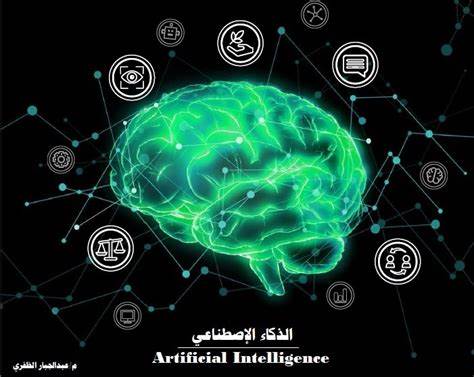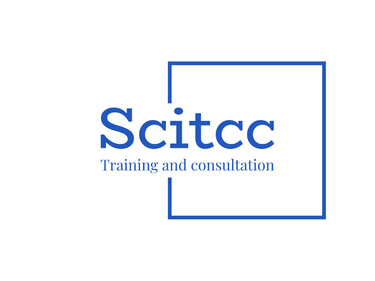
The Comprehensive Training Program in Cultural Intelligence (CI)
The Comprehensive Training Program in Cultural Intelligence (CI)
$3500.00
Day One: Introduction to Cultural Intelligence and Awareness
The interviewer:
Definition of cultural intelligence and its importance in today's world.
The difference between cultural intelligence and other intelligences (emotional and social).
Basics of Cultural Diversity: Concept and Practices.
Self-analysis to understand personal cultural dimensions.
Objectives:
Introducing participants to the concept of cultural intelligence and its importance.
Building self-awareness of how culture affects personal and professional behavior.
Day Two: Dimensions of Cultural Intelligence and Its Tools
The interviewer:
The four dimensions of cultural intelligence:
Cultural leadership.
Cultural awareness.
Cultural adaptation.
The cultural incentive.
How to measure the level of cultural intelligence using approved measurement tools.
Practical examples of the dimensions of cultural intelligence in everyday life situations.
Objectives:
Empowering participants to understand the fundamental dimensions of cultural intelligence.
Training participants to use cultural intelligence measurement tools.
Day Three: Cultural Challenges and Managing Differences
The interviewer:
Identifying cultural challenges in diverse work environments.
Effective strategies for dealing with cultural conflicts.
Understanding and analyzing different cultural behaviors through Hofstede's cultural dimensions model.
Building cultural dialogue skills.
Objectives:
Helping participants identify and address cultural challenges.
Training participants to build successful dialogue with different cultures.
Day Four: Applications of Cultural Intelligence in Work Environments
The interviewer:
Real-life examples of success and failure in managing cultural diversity.
Applying cultural intelligence in leadership and managing diverse teams.
Building strategies for effective communication with clients and colleagues from diverse backgrounds.
Training on developing an action plan to enhance cultural intelligence.
Objectives:
Training participants to apply cultural intelligence skills in their professional lives.
Building personal and institutional strategies for managing cultural diversity.
Day Five: Evaluation and Continuous Development of Cultural Intelligence
The interviewer:
Review and evaluate the extent of the participants' cultural intelligence development.
How to develop cultural intelligence sustainably.
Preparing a personal plan for developing cultural skills.
An open Q&A session.
Objectives:
Evaluation of the extent to which training objectives have been achieved.
Empowering participants to create a personal development plan for cultural awareness.
The target audience of the program:
Leaders and managers who work in multicultural environments.
Human resources and professional development staff.
Individuals who seek to develop their cultural and communication skills in diverse environments.
Students and researchers interested in cultural and social studies.
The learning method in the program:
Interactive learning: Using workshops, group activities, and role-playing.
Real-world studies: Analyzing real-life case studies from work and life environments.
Self-learning: Guiding participants to sustainable development tools and resources.
Continuous assessment: Administering short tests and surveys throughout the course to evaluate progress.
Open discussions: Providing discussion sessions to exchange experiences.


